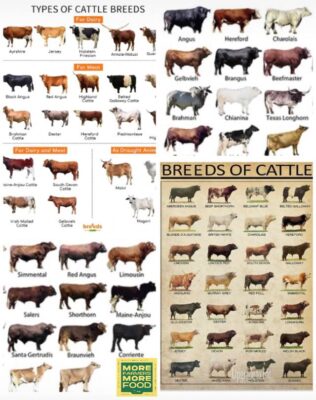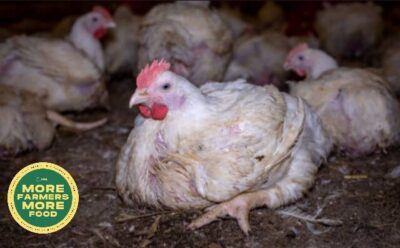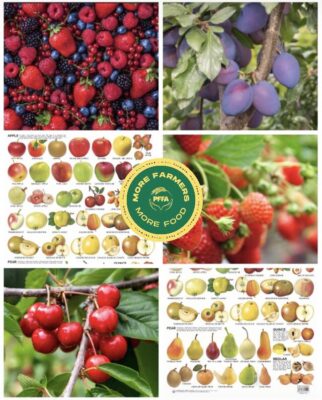The Art of Permaculture
In this Article...
A solution to destructive methods of industrialised agriculture.
‘Permaculture’, meaning Permanent Agriculture, is a solution to the destructive methods of industrialised agriculture. The ethics of Earth Care, People Care and Future Care form the foundations of the design principles. Bill Mollison, the man who coined the term ‘Permaculture’ (along with David Holmgren), after observing ancient cultures of the planet, created a set of ethics and principles in the 1970s that have been adapted over the years.
The Permaculture Prime Directive
“The only ethical decision is to take responsibility for our own existence and that of our children. Make it Now” Bill Mollison, Permaculture, A Designers Manual
Earth Care is based around the connection that we have with nature. It means to respect and use natural resources in a mindful, cyclical and creative way. This creates abundance, resilience and health.
People Care includes the actions within society and how we behave towards one another. Human health depends on natural connection. Partnering with nature improves our physical and mental well-being and allows us to become more creative; understanding and appreciating our place in nature.
Future Care considers the legacy we want to leave. We can create natural systems that are built in a regenerative way for the next 7 generations. Working together, celebrating our differences and having a shared goal, we can give the future the tools and mindset to continue to regenerate our planet earth.
Design Principles
Through the Permaculture lens, using the design principles we learn how to be curious of and in awe of nature, helping us understand and respect all other life in a symbiotic and valuable way.
An example of one of the design principles is ‘capturing and storing energy’. This is one way of creating a ‘closed loop system’ (self-sustaining and regenerating system) it also allows us to mitigate against our changing climate e.g. flooding and droughts.
Permaculture’s mimicking of natural ecosystems produces food, medicine, fiber andtextiles in a way that is holistic and mutually beneficial for plants, animals and humans. Permaculture creates natural cycles to reduce inputs and increase yields, leading to resilience, self-sufficiency, optimum health, abundance and bio-diversity.
by John Metcalf www.sowgrowregen.co.uk



